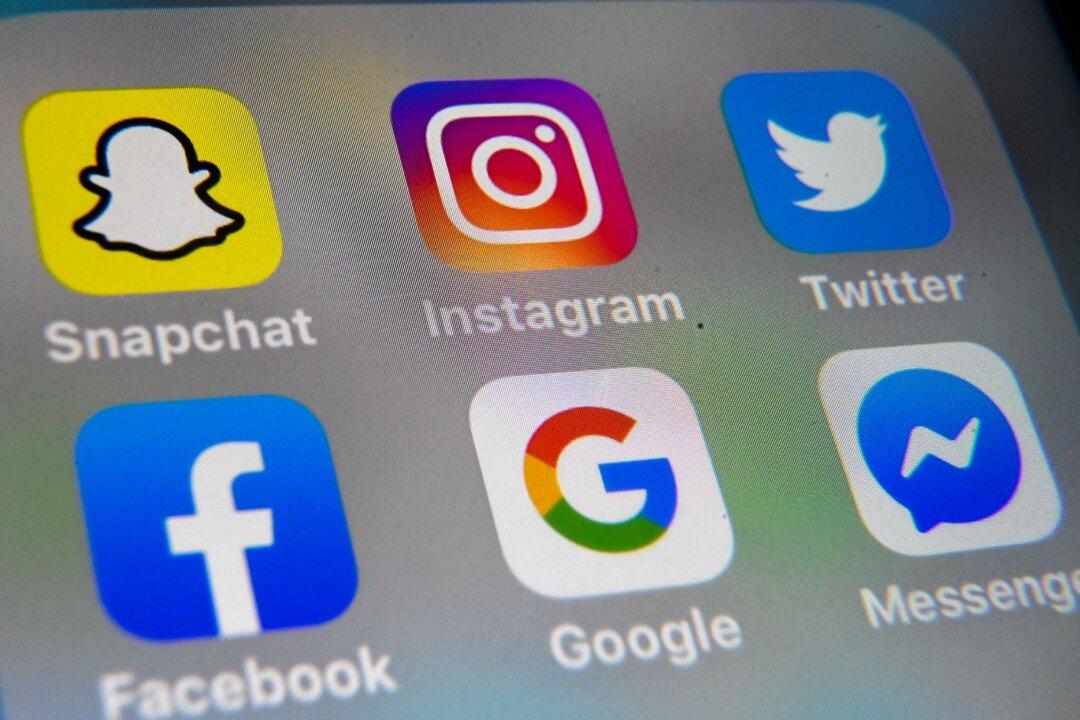A slew of big tech giants, including Meta, Microsoft, and Twitter, have joined Google in filing legal briefs in the U.S. Supreme Court, arguing that amending a statute pertaining to social media companies’ liability for content posted on their platforms could strip the companies of protections from lawsuits.
Section 230 of the Communications Decency Act generally shields online platforms like Google and Meta from liability for content published by third parties, or their users. The law was passed by Congress in 1996.




